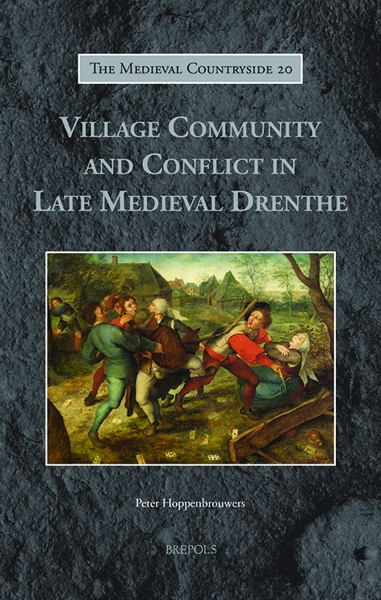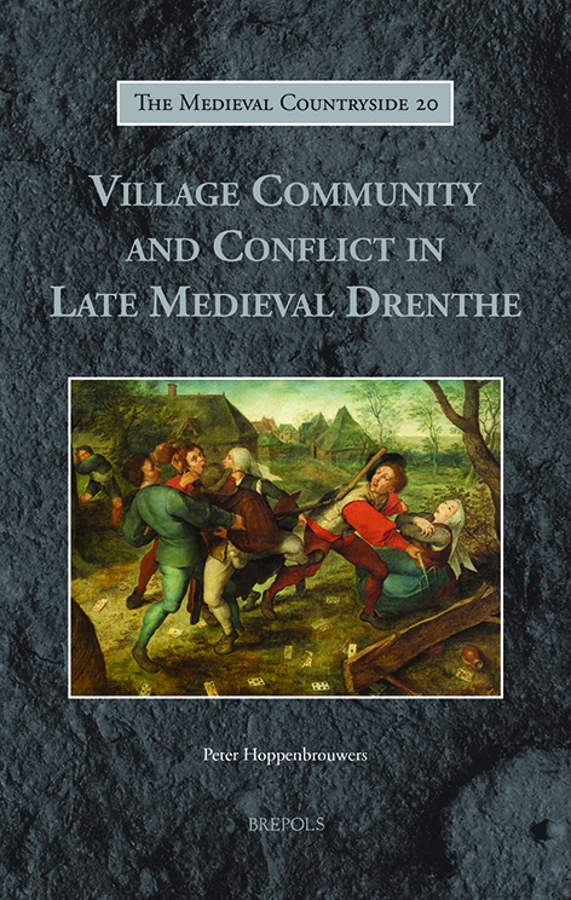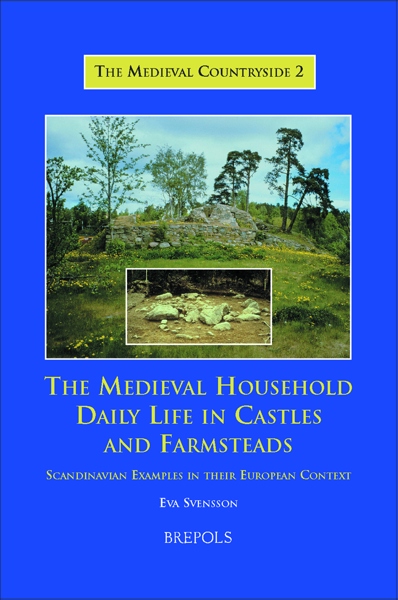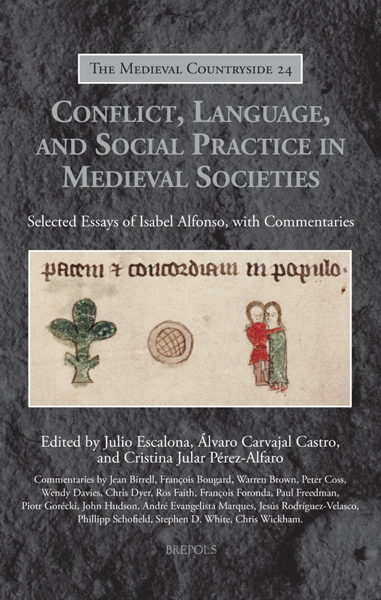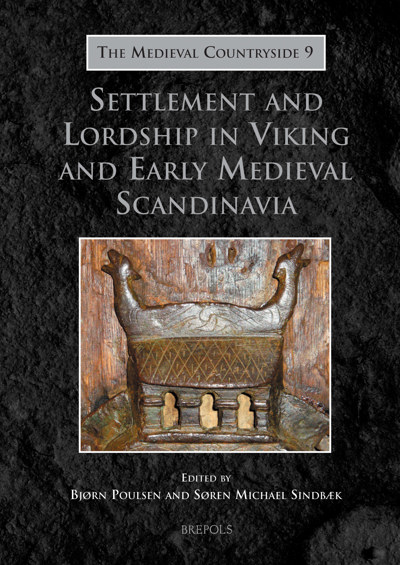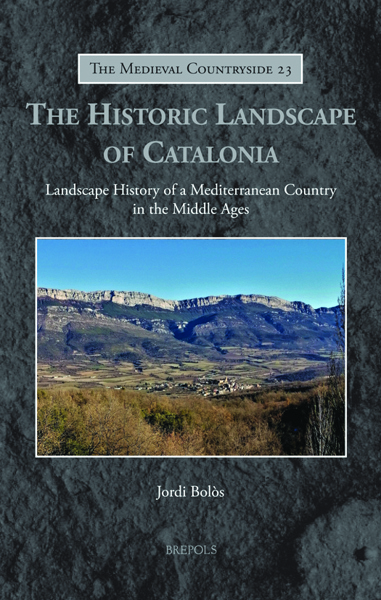
Village Community and Conflict in Late Medieval Drenthe
Peter C.M. Hoppenbrouwers
- Pages: xviii + 384 p.
- Size:156 x 234 mm
- Illustrations:14 b/w
- Language(s):English
- Publication Year:2018
- € 110,00 EXCL. VAT RETAIL PRICE
- ISBN: 978-2-503-57539-1
- Hardback
- Available
- € 110,00 EXCL. VAT RETAIL PRICE
- ISBN: 978-2-503-57540-7
- E-book
- Available
Focuses on conflict in village communities of late medieval Drenthe in order to depict a typical peasant society in late medieval Europe.
Peter (P.C.M.) Hoppenbrouwers (1954) is Professor of Medieval History at Leiden University. He is the co-author, with Wim Blockmans of Introduction to Medieval Europe 300-1550 (2014; 2nd ed.). His main fields of interest are peasant communities, household and family, local lordship and military organization, and cultures of violence in the medieval Latin West.
Village communities were the heart of the medieval countryside. But how did they operate? This book seeks to find some answers to that question by focusing on late medieval Drenthe, a region situated in a remote corner of the Holy Roman Empire and part of the prince-bishopric of Utrecht. Drenthe was an overwhelmingly localized, rural world. It had no cities, and consisted entirely of small villages. The social and economic importance of traditionally privileged sections of medieval society (clergy and nobility) was limited; free peasant landowners were the dominant social class.
Based on a careful reading of normative sources (Land charters) and thousands of short verdicts given by the so-called ‘Etstoel’ or high court of justice in Drenthe, this book focuses on three types of conflict: conflicts between villages, feud-like violence, and litigations about property. These three types coincide with three levels of involvement: that of village communities as a whole, that of kin groups, and that of households.
The resulting, comprehensive analysis provides a rigorous interrogation of generalized notions of the pre-industrial rural world, offering a snapshot of a typical peasant society in late medieval Europe.
List of Illustrations
Abbreviations
Glossary
Chapter 1. Introduction
Chapter 2. Law, Jurisdiction, and Courts of Justice
Chapter 3. Village Communities in Court
Chapter 4. Local Violence: Feuds and Feuding
Chapter 5. The Peasant Family and Intergenerational Property Transfer
Epilogue
Appendix. List of Villages and Districts
Bibliography
Index
